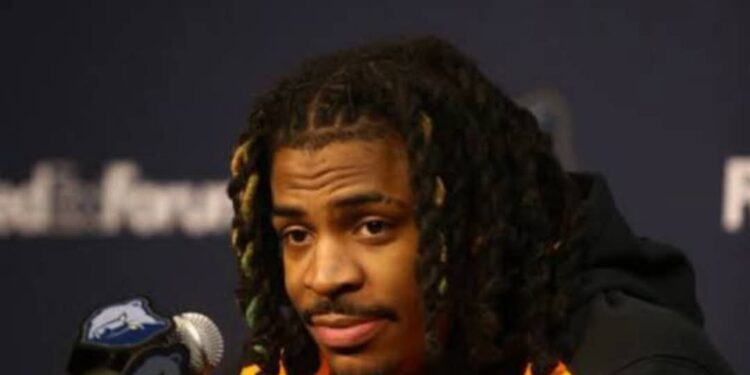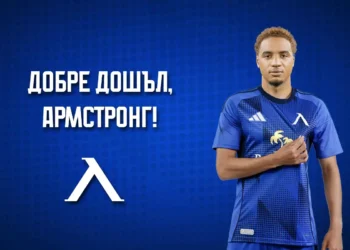Unprecedented Rejection: Memphis Grizzlies player Ja Morant REJECTS a massive $90.5 Million NIL offer from USC, prioritizing team LOYALTY over FINANCIAL gain
In an era where professional athletes are increasingly swayed by lucrative financial opportunities, Memphis Grizzlies superstar Ja Morant has made a stunning decision that defies modern norms. Reports have surfaced that Morant, one of the NBA’s brightest young talents, turned down a jaw-dropping Name, Image, and Likeness (NIL) offer worth $90.5 million from the University of Southern California (USC).
The deal, which would have been one of the largest NIL agreements in history, was rejected by Morant in a move that underscores his unwavering loyalty to the Memphis Grizzlies and the city that embraced him. HBAgency HBAgency The news sent shockwaves through the sports world, as athletes at all levels are increasingly prioritizing financial incentives over long-term team commitments. NIL deals have revolutionized college athletics, allowing players to monetize their fame while still in school.
However, Morant’s rejection of such a monumental offer—despite being an established NBA star—raises profound questions about the values driving today’s athletes. For Morant, loyalty, legacy.
USC, a powerhouse in collegiate athletics with deep financial backing, reportedly extended the $90.5 million NIL proposal to Morant in an effort to lure him into a unique partnership. While Morant is already a professional athlete and ineligible for NCAA competition, the deal would have involved promotional appearances, branding opportunities, and a mentorship role with USC’s basketball program. The offer was structured to include endorsements, equity stakes in USC-affiliated businesses, and a platform to expand Morant’s personal brand in Los Angeles, a global entertainment hub.
It would be impossible for most athletes to turn down such an offer. Elite athletes have been moving between schools for far less money in recent years, and NBA players have asked to be traded for better financial or competitive circumstances. However, Morant decided to remain loyal to Memphis despite his electric play and captivating demeanor making him a marketing goldmine.
Morant’s decision stands in stark contrast to the current landscape of professional and collegiate athletics. The rise of NIL deals has created a free-agent mentality among college players, with top recruits often choosing schools based on financial incentives rather than tradition or team fit. In the NBA, player movement has never been more fluid, with superstars frequently changing teams in pursuit of championships, bigger markets, or more lucrative sponsorship opportunities.
In this environment, Morant’s choice is a rare and refreshing anomaly. It harkens back to an earlier era when franchise players like Tim Duncan, Kobe Bryant, and Dirk Nowitzki spent their entire careers with one team, prioritizing legacy over financial maximization. While there’s nothing wrong with athletes securing their futures, Morant’s stance reinforces the idea that sports are about more than just business—they’re about relationships, community, and unfinished business.
Even for an NBA star, declining $90.5 million is no easy task. The USC contract would have nearly doubled Morant’s career earnings in a considerably shorter period of time than his current contract with the Grizzlies, which is a five-year, $194 million maximum extension signed in 2022. Additionally, he would have had access to the Los Angeles market, which is a popular destination for entertainment and endorsement deals.
However, it appears from Morant’s choice that he prefers stability and long-term growth than an unexpected windfall. Instead of coming across as a hired gunman, he stays in Memphis and continues














